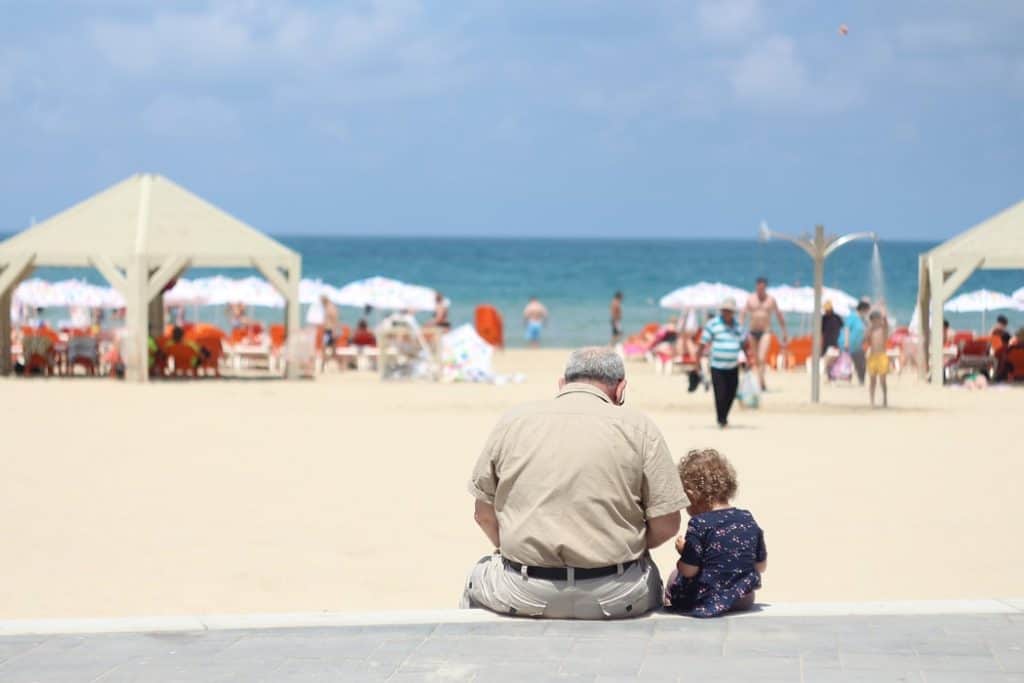Hendrika Jooste and Robyn Vogels
Whilst culture shock does affect everyone, it can appear to be worse for some more than others.
One day, in Port Melbourne, I was meeting Magda, a new arrival from Durban. They had been in Australia for eight weeks, found a home, her husband’s new job was going well, kids were in school. But Magda had this overwhelming feeling of sadness. It brimmed up over her bottom eye lid not long after I sat down. She was just about inconsolable. She felt sad, lonely, worthless, missed her friends her family, her normality. The rest of her family was OK but she even felt guilty for feeling sad! “Magda, this is normal,” I said, handing her my napkin – grateful we had a table near the back so she could grieve and let her heart out to me, virtually a stranger. “Magda, this is called culture shock, it is normal.”
Every immigrant or tourist experiences “culture shock” when they are removed from their familiar surroundings.
Until 1960, culture shock was assumed to be a consistently negative experience, much like an illness or disease. The Canadian anthropologist Kalervo Oberg who popularised the term, described it in very simple terms as the “anxiety that results from losing all of your familiar signs and symbols of social intercourse”.
What are your familiar signs or cues?
They could include a thousand and one different ways in which we orientate ourselves to the situations of daily life, without thinking about it, such as:
- familiar places: the drive to school or to a friend’s home, your GP or bakery;
- familiar cues: handshakes, body language and mannerisms;
- personal values: your values or personality type may not be respected in a different country.
When you enter a strange or new culture, all of your unconscious or familiar cues are removed. You are like a fish out of water. No matter how open-minded and prepared you are, you will have feelings of frustration and anxiety.
Culture shock is a very individual process and is dependent on intrapersonal factors such as:
- age
- previous travel experiences
- language skills
- resourcefulness
- independence
- resilience
- health
- a support network
Oberg further identified culture shock consisting of at least one of four distinct stages where emotions go up and down, commonly referred to as the “W-curve” or “Roller-coaster ride” of culture shock. These stages are:
Honeymoon Stage: you have rose tinted glasses and your days are filled with new-found experiences.
Negotiation Stage: when you realise and become aware of your difference in this new society.
Adjustment Stage: you gain a more balanced perspective, usually after the first year.
Adaptation Stage: the fluidity of each day relieves your anxiety, and you master the ability to function in two different cultures and develop a sense of belonging.
It is definitely true that the experiences can lead to depression. There are ways to minimise the effect of culture shock if you know to expect it. So, well done for reading this far, now you should arm yourself in preparation. There are a few things I would suggest.
Research the new culture as much as possible. This can be easily done by reading, searching the internet, podcasts, streaming local radio stations or watching TV shows and the news. For example, in Australia they happily laugh at themselves and TV shows such as Have you been paying attention is a funny way to familiarise yourself with the country and its people. Even a country such as Australia, which resembles so many similarities to South Africa, still has cultural nuances.
Involve yourself in communities. This can be with fellow countrymen from home who can give you some direction, or local communities or groups that share the same interests as you. If you enjoy painting or dog walking, seek out these groups and ask to join them. More than finding and joining in, ask questions. People love talking about themselves and for the most part, they are willing to help a new arrival to understand how things work.
Most importantly, ask for help. If you are moving with a corporate role, ask the Human Resources Department if there is a cultural briefing or information you can access. There are many cross-cultural experts out there. We spoke to Patti McCarthy, author of Cultural Chemistry about her thoughts. “The first 12-18 months can be an emotional roller-coaster and a coach will help you to have both realistic expectations and great coping strategies. The knowledge and skills you took for granted back home often don’t apply anymore and confidence can evaporate quickly, making your tasks so much harder and putting your relationships under greater stress.”
Nevertheless, culture shock will pass. How quickly, will depend on your ability to identify and move yourself through the stages. I would recommend that you never compare yourself to others. Some adapt more quickly and others need a longer time to get adjusted, but most people do overcome the crisis. Appropriate intercultural training and therefore intercultural competence helps a lot during the culture shock process, but avoiding it is near impossible.
There is no magic formula to prevent culture shock, as any individual in any society is affected differently on a personal level by these cultural contrasts. Knowing the signs and acknowledging how you are feeling is the first step to managing culture shock. If, like Magda, you do not know it is a “thing”, then it can take you by surprise. Know what to expect, it will relieve your stress and give you better outlook overall.
Hendrika Jooste and Robyn Vogels are the authors of the Amazon bestseller Your DIY Move Guide to Australia. They have published both a South African specific edition and a global edition.
The South African book is distributed from Durban and via Amazon.
Find out more, click here
Share on
Latest articles



















